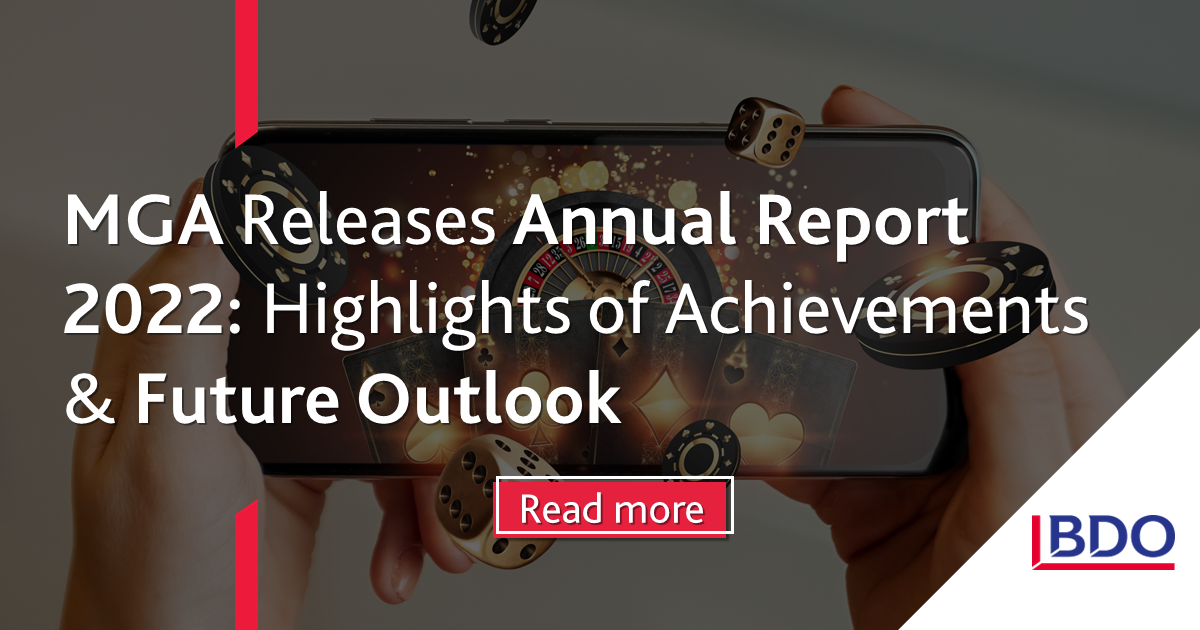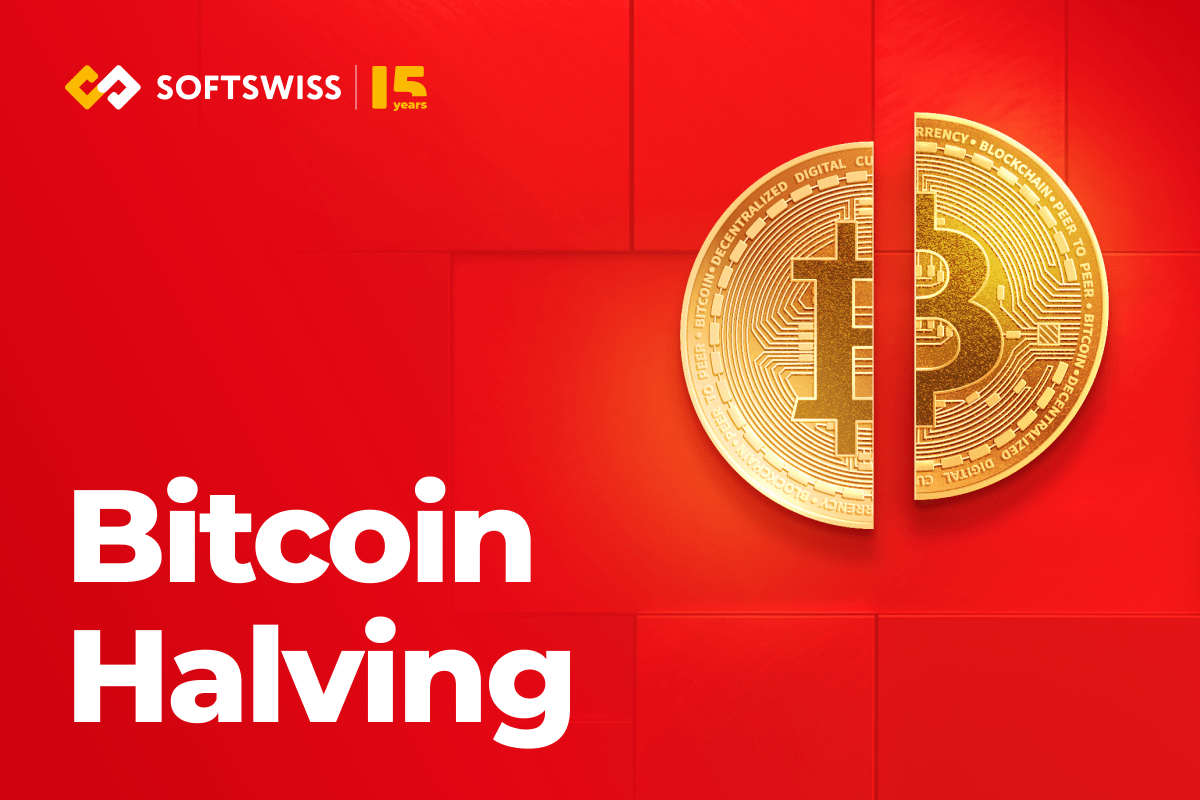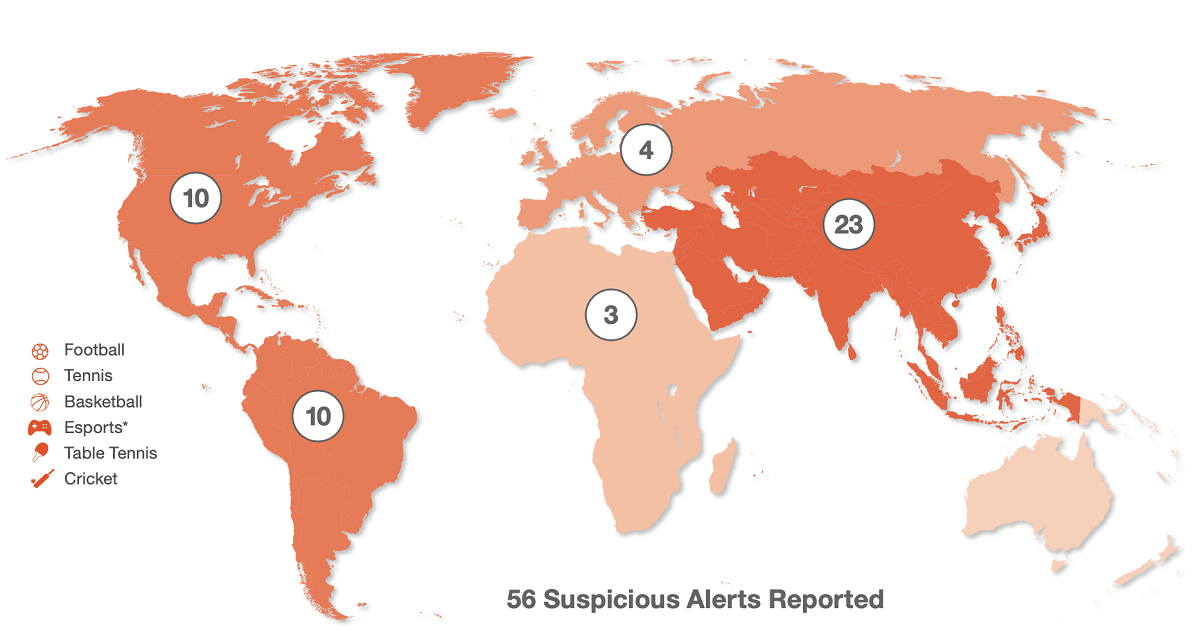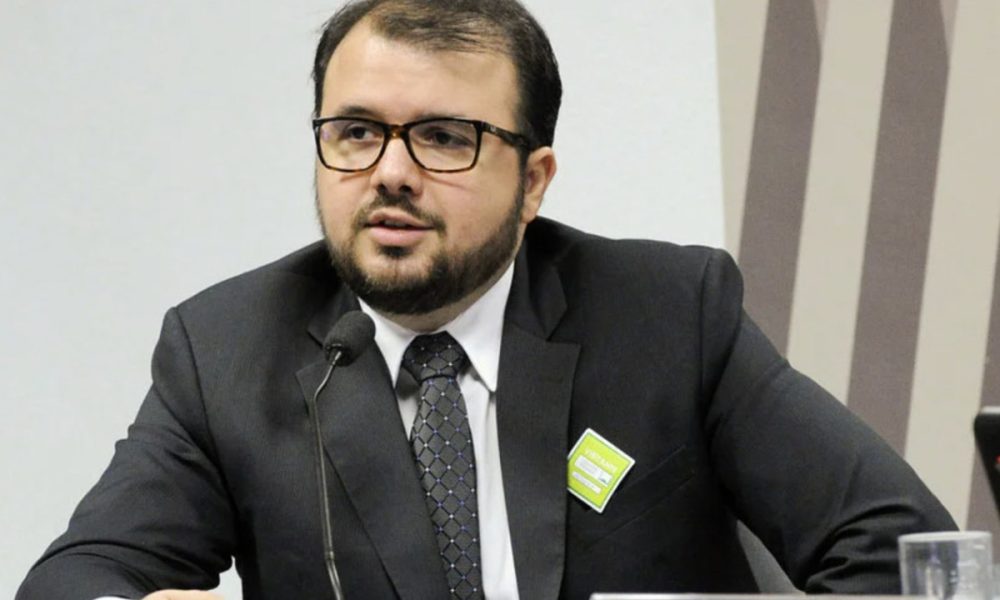

Latest News
The MGA publishes its 2022 Annual Report and Financial Statements
The Malta Gaming Authority (MGA/Authority) is publishing its Annual Report and audited Financial Statements for the financial year ending 31 December 2022. In addition to outlining the performance of the Maltese gaming business in 2022, the report gives a broad summary of the Authority’s accomplishments during the year under review and offers a medium-term outlook for the future. A thorough report outlining key statistics for the land-based and online gaming industries is then presented.
Supervisory Activities
- 28 compliance audits were conducted and 228 desktop reviews were carried out during 2022, accompanied by additional AML/CFT compliance examinations that are carried out by the FIAU, or by the MGA on its behalf. Following information which emerged from compliance audits, compliance reviews and formal investigations, the Authority issued 10 warnings and cancelled six (6) licences. In addition, the MGA issued a total of 16 administrative penalties as well as three (3) regulatory settlements, with a collective total financial penalty of €179,150.
- A total of 25 licensees were subject to remediation and/or administrative measures by the FIAU, ranging from written reprimands to administrative penalties, based on the breaches identified during examinations carried out in previous years, including by the MGA. In total, these amounted to just over €738,000.
- Six (6) individuals and companies were deemed by the Fit & Proper Committee to not be up to the Authority’s probity standards due to various factors, including due to the risks of money laundering or funding of terrorism.
- Forty-one (41) gaming licence applications were received during 2022. Thirty-one (31) licences were issued, while twenty-one (21) were unsuccessful.
- Over 1,500 criminal probity screening checks were undertaken on individuals, shareholders and ultimate beneficial owners, key persons and other employees, and companies from both the land-based and online gaming sectors.
- The Authority conducted 48 interviews with prospective MLROs and key persons carrying out the AML/CFT function to determine the knowledge and suitability of each candidate.
- The Commercial Communication Committee of the MGA issued a total of nine (9) Letters of Breach following breaches of the Commercial Communications Regulations (S.L. 583.09).
- In its efforts to protect players and encourage responsible gambling, the Authority supported a total of 5,280 players who requested assistance, covering most of the cases received during 2022 and the spill-over from 2021.
- The MGA conducted 85 responsible gaming-themed website checks, through which 38 URLs were found to have misleading information. This led to 17 notices being published on the MGA website, and 30 observation letters that were sent out reflecting responsible gaming issues.
Improvements in Efficiency and Effectiveness
- The Authority commissioned a sectorial skills strategy to address the gaming industry’s challenges with respect to the ongoing demand for qualified and skilled human capital, which increased significantly as the economy grew and diversified into numerous sectors.
- Consultation exercises were conducted with industry stakeholders regarding the bets offered by licensees – with a focus on sports integrity and player protection considerations – on the proposed amendments to the Player Protection Directive (Directive 2 of 2018), and on the proposed policy on the use of Innovative Technology Arrangements (ITAs) and the acceptance of Virtual Financial Assets (VFAs) and Virtual Tokens, which led to amendments and a finalised Policy, respectively.
- The Authority streamlined the approval process of appointing an MLRO in collaboration with the FIAU while, at the same time, ensuring that the industry is kept updated on any changes affecting this process and on any best practices that are intrinsic to the role of the MLRO.
- The concept of Agreed-Upon Procedures (AUPs) Reports was introduced, covering player funds and Gaming Revenue. Audit firms are drawing up these reports in compliance with the ‘International Standard on Related Services (ISRS) 4400 (Revised) Agreed-Upon Procedures Engagements’.
- The MGA kickstarted a process for possibly implementing a voluntary Environmental, Social and Governance (ESG) Code of Good Practice for the industry to showcase and increase the positive social and environmental impacts of the gambling sector.
National and International Cooperation
- Throughout 2022, the Authority issued 43 news items on its website and 26 external communications, providing a synopsis of various updates and developments at the Authority and across the industry.
- A total of 224 alerts were sent to the industry, 167 of which were also sent to the appropriate Sports Governing Bodies.
- A total of 44 requests for information specifically relating to the manipulation of sports competitions or breaches in sports rules were submitted by enforcement agencies, sport governing bodies, integrity units, and other regulatory bodies. As a result of such requests, data was exchanged in 25 instances. Additionally, a total of 475 suspicious betting reports from licensees and other concerned parties were received.
- During the period under review, the Authority was a direct participant in 15 different investigations across the globe relating to the manipulation of sports competitions or breaches in sports rules, as well as an indirect participant in 3 such investigations.
- The Authority received a total of 83 international cooperation requests from other regulators and sent 97 such requests, with the majority referring to requests for background checks as part of an authorisation process.
- A total of 177 official replies were issued providing feedback on the regulatory good standing of our licensed operators to the relevant authorities asking for this information.
- The MGA works together with other local regulating authorities and governing bodies. This is reflected through responses furnished by the MGA to requests for information made by the Asset Recovery Bureau (ARB), the FIAU, as well as the MPF on the gaming sector. Additionally, the relevant information is provided to the Sanctions Monitoring Board (SMB) to assist in issuing penalties in instances of non-compliance with sanctions screening obligations.
In publishing this report, the CEO, Dr Carl Brincat said: “This report is testament to our collective efforts in promoting a fair and sustainable gaming ecosystem. Through proactive measures and leaner regulation processes, we strive to ensure a level playing field that nurtures innovation while safeguarding against any potential risks.
“As the global gaming landscape evolves, our role becomes even more critical. We embrace this responsibility with utmost determination, working tirelessly to stay ahead of emerging trends, technologies, and challenges. We remain steadfast in our pursuit of robust frameworks that inspire confidence, protect vulnerable individuals and render Malta the home for gaming operators of good will.”
Bitcoin
Should iGaming Be Worried About 2024 Bitcoin Halving?

In its LinkedIn newsletter, ‘The SOFTSWISS Special’, SOFTSWISS, a global tech expert with over 15 years of experience in iGaming, delves into the impact of Bitcoin Halving on the iGaming realm.
The recent historical moment of Bitcoin Halving took place on 19th April 2024. SOFTSWISS, a pioneer in crypto-friendly iGaming software, shares its insights and forecasts for how this event may shape the future of iGaming, shedding light on potential opportunities and challenges for industry stakeholders.
What is Bitcoin Halving?
The Bitcoin halving is a scheduled event that occurs approximately every four years or every 210,000 blocks. During this event, the reward for mining and verifying new blocks is reduced by 50%, resulting in miners earning only half the number of BTC per mined block.
Since its launch in 2009, Bitcoin’s mining reward has halved four times, occurring in 2012, 2016, 2020, and 2024. The recent April halving reduced the reward to 3.125 BTC per block. Such events are crucial for Bitcoin’s scarcity and inflation control, ensuring that the total supply never exceeds 21 million coins and aligning with its deflationary principles.
Historically, each halving event has resulted in a rise in Bitcoin’s price. This is attributed to the reduced supply and increased scarcity, although other market factors have also influenced these outcomes.
Exploring the Impact of Bitcoin Halving on the iGaming Industry
To provide an in-depth analysis of the Bitcoin Halving impact on iGaming, SOFTSWISS invited Bradley Peak, blockchain expert and tokenomics adviser, to share its anticipations.
- Bets rise: The halving is expected to lead to an increase in Bitcoin’s value. If the trend of impressive price surges persists, Bitcoin-friendly iGaming brands could see a positive impact.
- Crypto adoption increase: Implementing crypto-friendly models has the potential to boost player trust and transparency in iGaming. Additionally, it could rejuvenate unique gaming experiences like provably fair games and decentralised casinos.
- Regulatory frameworks improvement: The recent Bitcoin halving could prompt regulatory bodies to reassess their stance on cryptocurrency gambling. This could lead to new regulations ensuring fairness, responsible gambling, and anti-money laundering measures in the crypto-driven iGaming sector.
Bradley Peak, blockchain expert, comments on the recent changes: “Any transformation will not be without its challenges. It is important to adapt – invest in employee learning and development, onboard crypto processing, and make sure your platform remains secure in the process.”
Explore the influence of the 2024 Bitcoin Halving on the iGaming industry in the fourth edition of The SOFTSWISS Special newsletter on LinkedIn.
About SOFTSWISS
SOFTSWISS is an international tech company supplying software solutions for managing iGaming projects. The expert team, which counts over 2,000 employees, is based in Malta, Poland, and Georgia. SOFTSWISS holds a number of gaming licences and provides one-stop-shop iGaming software solutions. The company has a vast product portfolio, including the Online Casino Platform, the Game Aggregator with thousands of casino games, the Affilka affiliate platform, the Sportsbook Platform and the Jackpot Aggregator. In 2013, SOFTSWISS was the first in the world to introduce a Bitcoin-optimised online casino solution.
The post Should iGaming Be Worried About 2024 Bitcoin Halving? appeared first on European Gaming Industry News.
Latest News
56 suspicious betting alerts reported by IBIA in Q1 2024

Football (soccer) and tennis accounted for 68% of cases
The International Betting Integrity Association (IBIA) reported 56 alerts of suspicious betting to the relevant authorities in the first quarter (Q1) of 2024.
The Q1 2024 total is an increase of 65% when compared to 34 alerts in Q4 2023 and an increase of 12% when compared to the revised Q1 2023 total of 50 alerts. All of IBIA’s alerts are identified using customer account data from IBIA members, which number over 50 companies and 125 sports betting brands, making IBIA the largest integrity monitor of its type in the world.
The 56 incidents of suspicious betting in Q1 concerned six sports, across 21 countries and five continents. Other key data for Q1 2024 includes:
- Football (soccer) had the highest number of alerts by sport with 24, representing a 50% increase on the 16 reported in Q4 2023 and a 60% increase on the 15 reported in Q1 2022.
- Turkey had the highest number of country alerts with 8 (five in football, two in tennis and one in basketball).
41% of all alerts in Q1 were identified on sporting events taking place in Asia, with North and South America joint second with 18% each. - There were only 4 alerts identified on sporting events in Europe, which represents a decrease of 76% compared to 17 alerts in Q4 2023.
Khalid Ali, IBIA CEO, said: “The first quarter saw an increase in reported alerts highlighting the ongoing challenge our members, sports and regulatory authorities face from corrupt activity, with football and Asia dominating our Q1 report. IBIA’s alerts are supported by detailed global customer account data only available to IBIA and its membership, which continues to grow, widening our world leading market coverage. That account data provides evidentiary information that is vital for advancing investigations and imposing sanctions. IBIA is committed to continuing to work closely with stakeholders and to providing this important evidence base.”
The Q1 report includes a focus on the availability of sports betting in Canada and a comparison between the licensing approach in Ontario and the monopoly approach in the rest of the country. IBIA recently released a report on the Availability of Sports Betting Products which highlighted Ontario as a leading regulated gambling jurisdiction, with an expected onshore channelisation for sports betting of 92% in 2024 forecast to rise to 97% in 2028. Whereas the rest of Canada combined is forecast to have an onshore rate of around 11% in 2024 becoming 13% by 2028.
IBIA currently represents over 60% of the private sports betting operators licensed in Ontario, with Glitnor recently announced as the latest operator to join the association in that province. IBIA is a not-for-profit body that has no competing conflicts with the delivery of commercial services to other sectors and is run by operators for operators to protect regulated sports betting markets from match-fixing. IBIA’s global monitoring network is a highly effective anti-corruption tool, detecting and reporting suspicious activity in regulated betting markets.
Through the IBIA global monitoring network it is possible to track transactional activities linked to individual customer accounts. IBIA members have over $300bn per annum in betting turnover (handle), accounting for approximately 50% of the global commercial regulated land-based and online sports betting sector, and in excess of 50% for online alone.
The post 56 suspicious betting alerts reported by IBIA in Q1 2024 appeared first on European Gaming Industry News.
Compliance Updates
Brazil’s Ministry of Finance Appoints Régis Dudena as Secretary of Prizes and Betting

Regis Dudena, a seasoned lawyer with expertise in Public and Regulatory Law, has been appointed as the new Secretary of Prizes and Betting at the Ministry of Finance in Brazil. Dudena’s appointment ordinance is signed by Rui Costa, Minister of the Civil House.
The new secretary had already been visiting the Ministry of Finance and getting closer to the entire group at the Secretariat of Prizes and Betting, until then led by Simone Vicentini, deputy secretary.
The appointment of the lawyer is attributed to the Executive Secretary of Finance, Dario Durigan. Dario and Dudena worked together at Palácio do Planalto during Dilma Rousseff’s government.
Both worked in the Legal Affairs secretariat of the Civil House. Dudena’s name is linked to other names on the left. He has good relations with Edinho Silva (PT), mayor of Araraquara (SP).
The SPA started operating two months ago. Since then, it had been without a permanent boss. Lawyer José Francisco Manssur, special advisor to the Ministry of Finance who coordinated the regulation of sports betting from the beginning, was the most likely to take on the position. But he was exonerated under pressure from Centrão politicians.
Bets representatives welcomed the name Régis Dudena.
From the beginning, the SPA was under the responsibility of Simone Vicentini, appointed as deputy secretary. Since then, it has edited the ordinances that defined requirements for laboratory accreditation and the sector’s regulatory policy.
Under her supervision, three laboratories have already been approved, GLI, eCogra, and BMM. Last week, the ordinance establishing the rules for payment transactions to be complied with by sports betting and online gaming operators was also published.
-

 gaming2 years ago
gaming2 years agoODIN by 4Players: Immersive, state-of-the-art in-game audio launches into the next generation of gaming
-
EEG iGaming Directory7 years ago
iSoftBet continues to grow with new release Forest Mania
-
News6 years ago
Softbroke collaborates with Asia Live Tech for the expansion of the service line in the igaming market
-
News5 years ago
Super Bowl LIII: NFL Fans Can Bet on the #1 Sportsbook Review Site Betting-Super-Bowl.com, Providing Free Unbiased and Trusted News, Picks and Predictions
-
iGaming Industry6 years ago
Rick Meitzler appointed to the Indian Gaming Magazine Advisory Board for 2018
-
News5 years ago
REVEALED: Top eSports players set to earn $3.2 million in 2019
-
iGaming Industry6 years ago
French Senator raises Loot Boxes to France’s Gambling Regulator
-
News6 years ago
Exclusive Interview with Miklos Handa (Founder of the email marketing solutions, “MailMike.net”), speaker at Vienna International Gaming Expo 2018














